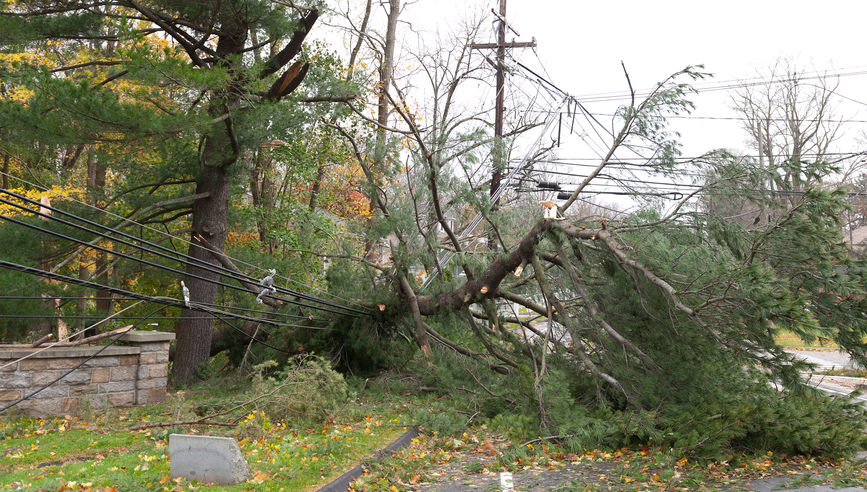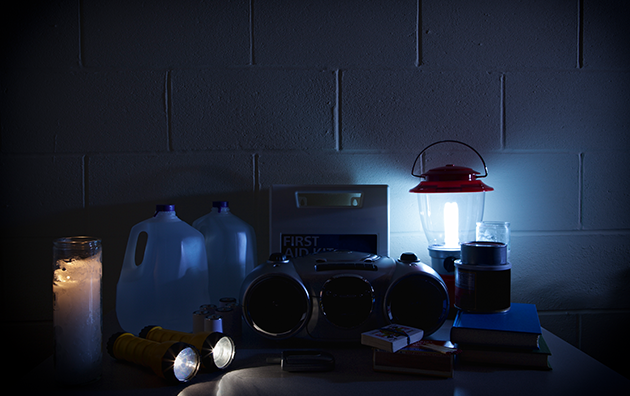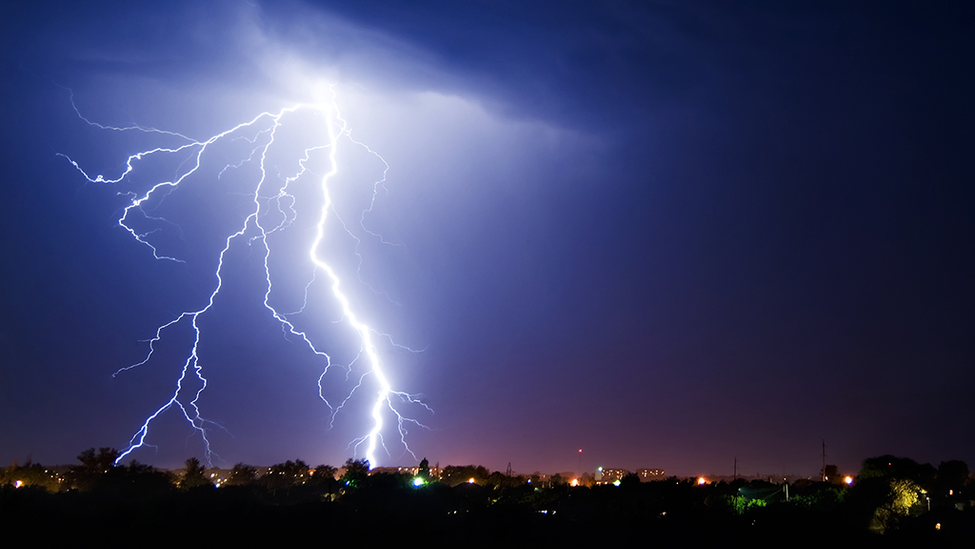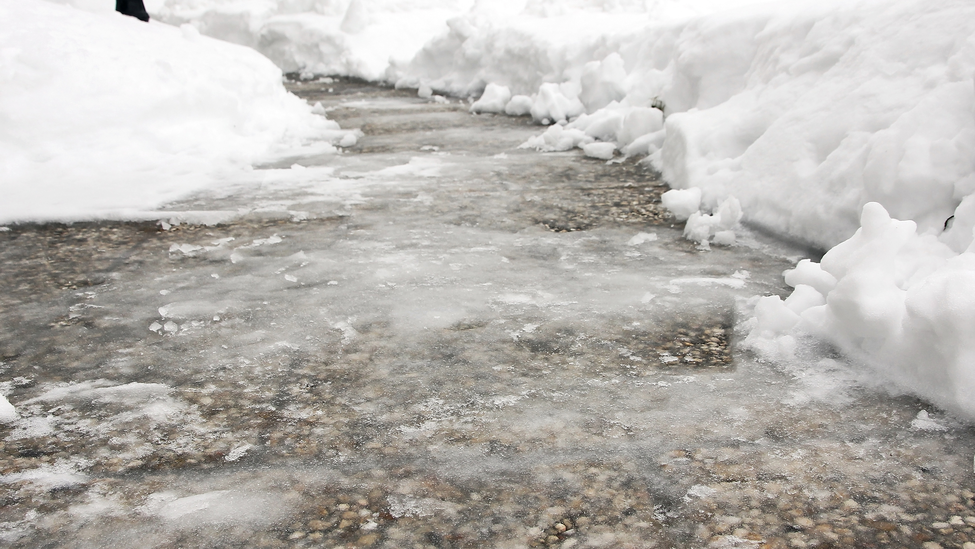Hurricane Survival Guide: Things to Do During and After the Storm


Hurricanes are some of the most devastating, and costly, natural disasters on Earth. Preparing your home and family before a hurricane occurs, and knowing how to react after a storm has passed, are fundamental to helping you to protect your property and keep you and your loved ones safe and secure.
What to do during a hurricane?
First, evacuate if you are directed to do so or if you feel it might be unsafe to remain in your home. If you remain in your home, follow these tips to help you and your family stay safe during the storm:
- Use a portable radio to listen to important storm updates, information and instructions.
- Stay inside and keep away from all windows, skylights and glass doors. Go to a safe area, such as an interior room, closet or downstairs bathroom.
- Never go outside the protection of your home or shelter before there is confirmation that the storm has passed the area. The eye of the storm could create a temporary and deceptive lull, with high winds still approaching.
- If power is lost, keep the refrigerator closed to keep cold air trapped and delay spoilage of perishable food.
- If you use a portable generator, follow all the manufacturer’s instructions. Generators should be properly grounded to prevent electrical shock and should never be operated indoors, in garages, basements or outdoors near any windows, doors or vents. Because generators produce carbon monoxide (CO), make sure you have a working CO detector in your home.
What to do after a hurricane?
After it is confirmed by authorities that the storm has passed and it is safe to go outdoors, you can begin to assess any potential damage to your home and property. Follow these tips after the storm is over:
- If you were evacuated, return home only after authorities advise it is safe to do so.
- Avoid downed power lines. Never touch anything in contact with power lines, including water or water puddles that may be near the downed power lines.
- Protect your property from further damage by boarding up broken windows to help deter vandalism or additional weather damage. Arrange for reasonable temporary repairs.
- Be wary of any gas lines that may have been damaged or broken during the storm. If a gas leak is suspected, stay out of the property until the utility company deems it safe.
- Be cautious of hazards that are a product of the storm, such as water due to flooding, sharp or broken objects, damaged tree limbs or other structures that may have been damaged by high winds or water.
- Keep accurate records of your expenses and save bills and receipts from your temporary repairs. (Avoid making permanent repairs until your Claim professional has reviewed the damage.) Keep accurate records of any other expenses incurred.
- Separate and inventory any damaged personal property. Create a list of any damaged contents, including a description of the item, name of the manufacturer, brand name, age, as well as the place and date of purchase, if known. Include photographs, videos or personal property inventories you may already have available.
- If you think your home might be unsafe due to storm damage, contact your insurance company to discuss finding temporary accommodations.


